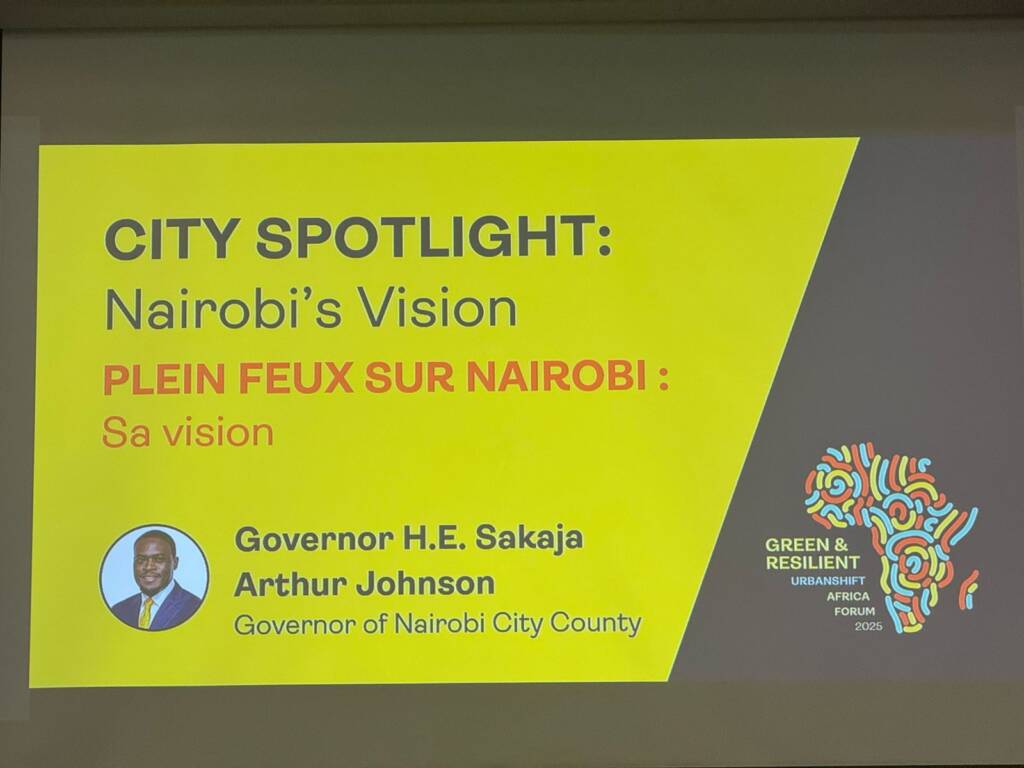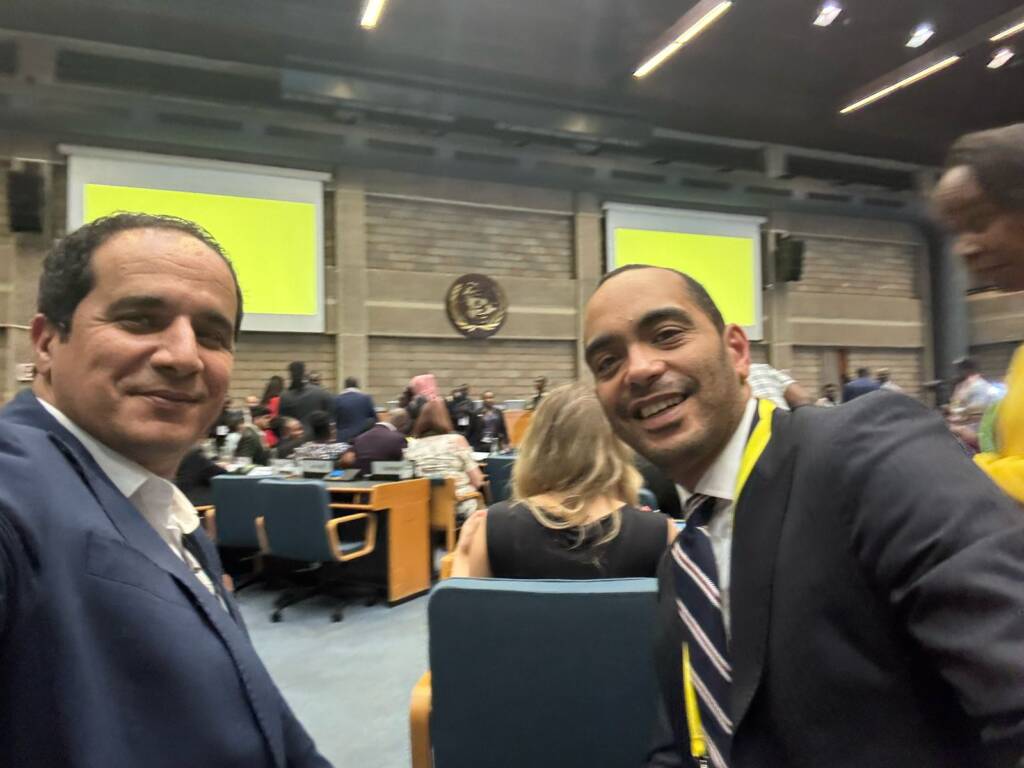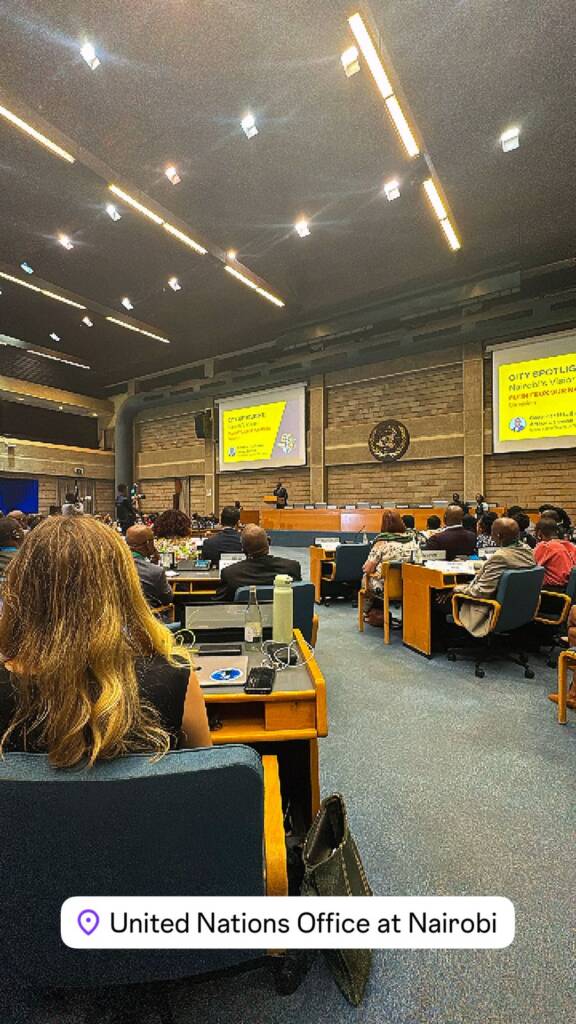What is Jay-Z doing at the United Nations headquarters in Nairobi?
Honestly, no idea. Maybe he’s looking to drop a verse on urban infrastructure rehabilitation? Or perhaps he came to check if the Empire State of Mind “concrete jungle” has an African franchise? Either way, Sakaja Johnson, Governor of Nairobi County, decided to bring him into the conversation by quoting the rapper during the opening ceremony of UrbanShift Africa 2025.
A summit on sustainable urbanism with a Jay-Z reference—because, apparently, African city development needs a Brooklyn feature. I half expected a DJ to pop up behind the podium to mix the rest of the speech, but instead, we got a serious and fascinating discussion on urban resilience, inclusion, and innovation.
Governor Sakaja Johnson particularly caught attention with his statement: “Here among you, dear participants, is a gallery of efforts paving the way for future-proofed African cities.” A powerful metaphor that underscores the collective commitment to creating resilient cities prepared for the challenges ahead.

But the most striking moment came from the speech by Mayor Yvonne Aki-Sawyerr OBE, who echoed Jay-Z with an intensity that resonated deeply: “The question is not who’s gonna let me. The question is who’s gonna stop me.” A bold statement that perfectly fits the African urban transformation narrative—overcoming barriers to shape a sustainable future.
Alongside Mustapha El Alaoui Hassani, Head of Investor Support Division at the Regional Investment Center of Marrakech-Safi, I had the honor of attending this major forum dedicated to sustainable urban transformation in Africa. Held at the United Nations headquarters in Nairobi, the event brought together representatives from governments, financial institutions, civil society organizations, academia, and the private sector.

Humanity has gradually distanced itself from nature. Yet, through UrbanShift, we find ourselves questioning this detachment and exploring ways to reconnect our cities with their original environments. This is not just about ecology; it is a true reminiscence of our mother home—nature.
The Great Rift Valley, often called the cradle of humankind, is where the earliest humans emerged. Here lies the oldest hominid discovered to date, the Turkana Boy, long before Lucy. This return to our roots, in a forum dedicated to urban futures, gives new depth to our mission: reconciling cities with nature and relearning how to build in harmony with our environment.
The discussions laid out a roadmap for greener, more inclusive, and more prosperous cities, reaffirming the need for collective and coordinated action to tackle urban environmental and social challenges.
Our participation in this event reinforces our belief that Morocco, with its urban sustainability initiatives, has a key role to play in this transformation. Exchanging experiences among African countries is a valuable opportunity to accelerate the transition toward smart and resilient cities while embracing local specificities and regional synergies.
It is crucial to remember that the United Nations was born from the suffering of humankind, in the midst of World War II. Today, its historic headquarters in Nairobi has become a beacon of hope for united cities—those of the C40—determined to build sustainable urbanism. Urbanism that opens the doors of the future to Africa’s children, who will represent one in four people globally by 2050. Their future will largely depend on the ability of our cities to generate jobs aligned with climate and environmental challenges. After all, the greatest opportunity for these future generations will undoubtedly lie in the green transition.
But in the end, the real question remains: does Jay-Z even know he was the unexpected star of this summit?



